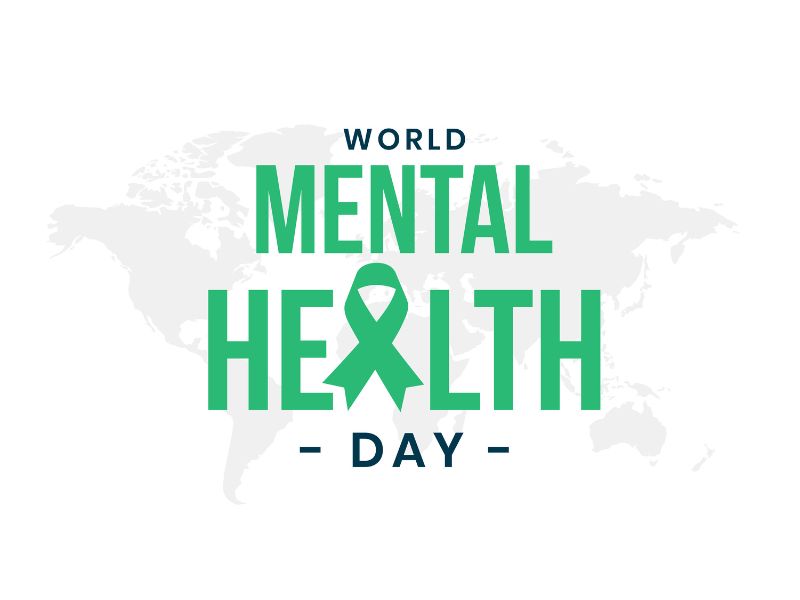There is an unspoken pressure in many workplaces to always say yes. Yes to new projects. Yes to staying late. Yes to helping out even when your own work is piling up.
It can feel like the fastest way to prove your worth. Yet the ability to say no is one of the most important skills for long term success.
The myth of yes
Saying yes can make you look eager and willing, but it can also lead to burnout. Agreeing to every request means spreading yourself too thin. Your work quality can drop and your energy levels can collapse. It also creates an expectation that you are always available, which is hard to undo once it’s set.
Protecting your time
Time is the most valuable resource you have. Every yes takes time away from something else that matters, whether that is a high priority task, your personal growth or your own wellbeing. By learning when to say no, you protect the time you need for focused work and for rest. This not only improves productivity but also supports creativity.
Building respect
Many people fear that saying no will harm relationships with colleagues or managers. The opposite is often true. Clear boundaries show that you value your work and your limits. When you explain your no in a thoughtful way, it signals professionalism. Others begin to respect your judgement and trust that when you do say yes, you’re fully committed.
Creating space for growth
If your time is filled with tasks that do not align with your goals, there is little space left for opportunities that do. Saying no is not about shutting doors, it’s about making room for the right doors to open. This could be taking on a project that plays to your strengths, finding time to upskill or simply having the energy to step up when it matters most.
How to say no without guilt
Saying no does not need to be harsh. You can decline with care. Acknowledge the request, be clear about your limits and if possible suggest an alternative. For example, you might say you can’t join a meeting but you are happy to share notes afterwards. This approach balances honesty with collaboration.
Takeaway
Saying no is not about being difficult. It’s about protecting your time, your boundaries, your energy and your career path. It helps you gain respect and create space for the opportunities that matter most. Far from being a weakness, no is one of the most powerful tools you can use at work.





 The ground-breaking nationwide celebration of women in technology returns, featuring a week of dynamic online and in-person events. Focused on career growth, networking, and innovation, this event continues to champion equality and empower women in the tech industry.
The ground-breaking nationwide celebration of women in technology returns, featuring a week of dynamic online and in-person events. Focused on career growth, networking, and innovation, this event continues to champion equality and empower women in the tech industry.



